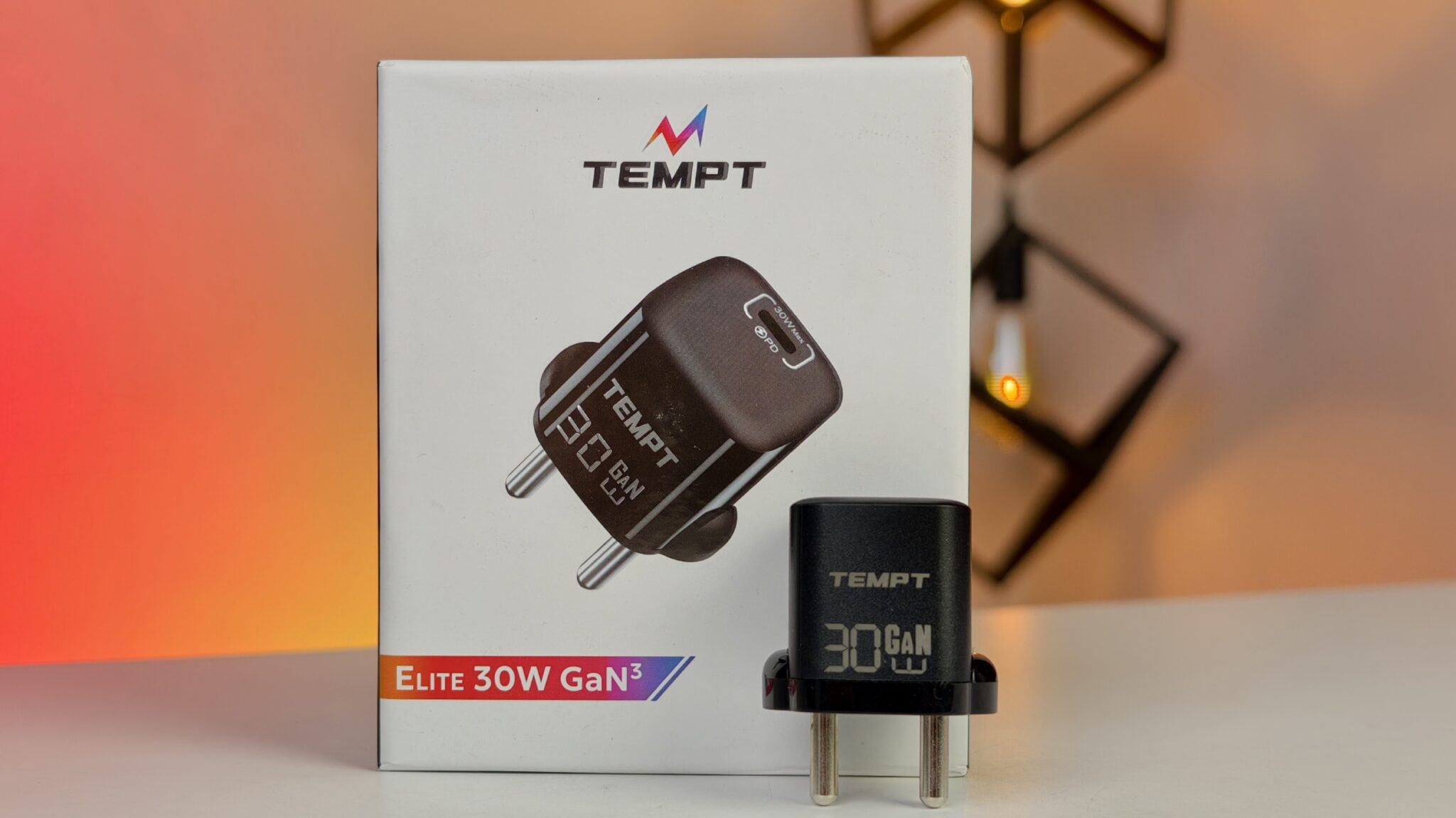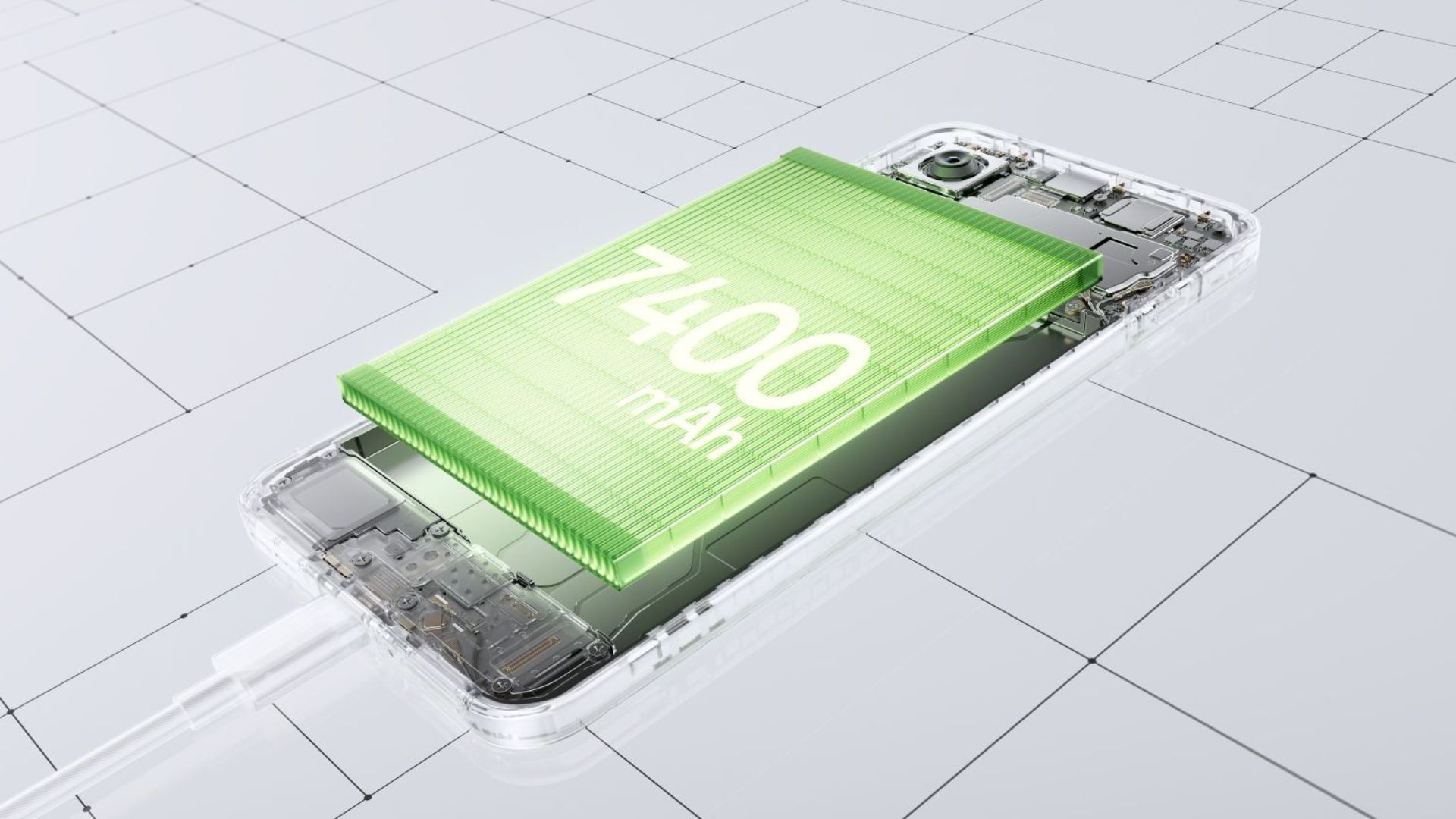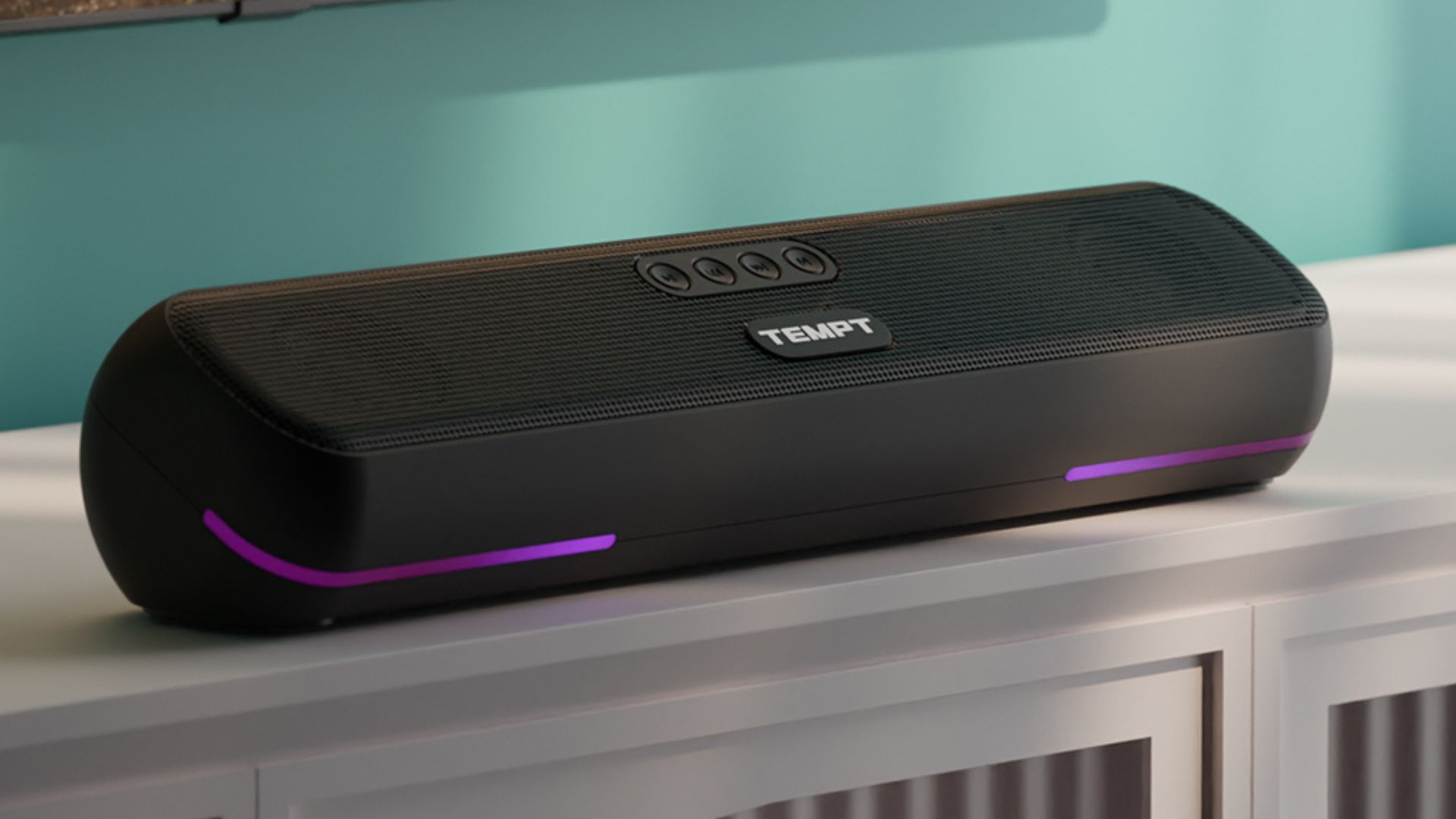Hyundai has long been a dominant force in the Indian SUV market, thanks to the massive success of its Creta. Now, the company is ready to launch another strong contender that promises to shake up the segment even further. This upcoming SUV, combining affordability and impressive power, is poised to be another game-changer for Hyundai. The strategy seems clear: replicate the Creta’s widespread appeal by delivering on key factors that matter most to Indian consumers—value, performance, and an impressive list of features.
Key Takeaways:
- Hyundai’s new SUV aims to offer affordability and strong performance in the Indian market.
- Positioned as a competitor in the sub-4-meter SUV segment, it will rival models from brands like Tata, Maruti Suzuki, and Kia.
- A range of engine options, including petrol and possibly turbo-petrol variants, are expected.
- Hyundai is likely to prioritize safety and offer a connected car experience.
- The launch could shake up the compact SUV market, impacting competitors’ market share.
For years, the Hyundai Creta has been the undisputed leader in the mid-size SUV category, topping sales charts year after year. Its winning formula of stylish design, premium interiors, a reliable engine lineup, and a well-equipped cabin has made it the go-to choice for urban families. But the landscape is evolving. More consumers are looking for compact, affordable SUVs that offer good value without compromising too much on performance or features. Hyundai’s upcoming model looks set to cater to this growing demand, offering a fresh alternative to its larger sibling, the Creta.
The Emerging Contender: Positioning and Market Strategy
It’s no secret that Hyundai’s new SUV is aiming squarely at the booming sub-4-meter segment. This market is quickly gaining ground thanks to urban congestion, fuel efficiency concerns, and a desire for a higher driving position in a more compact footprint. Competitors like the Tata Nexon, Maruti Suzuki Brezza, and Kia Sonet have already captured substantial market share in this space, but Hyundai’s entry will undoubtedly add more fuel to the fire.
Hyundai’s strategy seems to be a multi-layered approach. First, it will likely lean on its established brand trust and extensive service network—both major advantages in India. Secondly, pricing will be key. Hyundai plans to position this SUV as an “affordable” option, which could attract first-time SUV buyers or those looking to upgrade from a hatchback or sedan.
Powering the Drive: Engine and Performance Expectations
When it comes to powertrains, Hyundai’s new SUV is expected to offer a range of engine options to suit a variety of driving needs. A naturally aspirated petrol engine, likely a 1.2-liter unit, seems like a safe bet for those seeking a balanced mix of performance and fuel efficiency. This engine could produce around 82-88 horsepower and 113 Nm of torque, with both manual and automatic transmission options available. It should be well-suited for city driving, providing adequate power for daily commutes.
For those after more power, a turbo-petrol variant might also be offered. A 1.0-liter turbocharged GDi engine, similar to what’s found in other Hyundai models, could generate around 118-120 horsepower and 172 Nm of torque, giving it a bit more oomph for highway cruising or spirited drives. Expect a choice between a manual gearbox or a smooth dual-clutch automatic transmission (DCT).
Given Hyundai’s reputation for refining its powertrains, both engine options are expected to offer a smooth and responsive driving experience, balancing the need for performance with fuel efficiency—always a priority for Indian buyers.
Cabin Comforts and Connected Technology
In true Hyundai fashion, the cabin of this upcoming SUV is expected to strike a balance between comfort, style, and cutting-edge technology. While specifics are still under wraps, we can anticipate a well-designed interior with quality materials and plenty of modern touches.
Some features likely to be included:
- Infotainment System: A large touchscreen system with Apple CarPlay and Android Auto support will likely come as standard.
- Connectivity: Hyundai’s ‘Bluelink’ connected car tech, which allows features like remote start/stop, geo-fencing, vehicle tracking, and over-the-air updates, will probably be available.
- Safety Features: Expect multiple airbags, ABS with EBD, rear parking sensors, a rearview camera, and potentially electronic stability control (ESC) on higher variants.
- Convenience: Features like automatic climate control, multi-function steering wheel, push-button start/stop, and possibly a sunroof will likely be offered, depending on the variant.
The overall goal will be to provide a premium experience within an affordable price range—something that has worked well for Hyundai’s other models in the past. The user interface for the infotainment and connected features will be designed for ease of use, ensuring both drivers and passengers have a seamless experience.
Impact on the Market and Future Outlook
The launch of Hyundai’s new SUV has the potential to significantly shake up the Indian automotive market. It signals Hyundai’s intent to further strengthen its foothold in the growing compact SUV segment. By offering an affordable yet feature-packed vehicle, the company hopes to lure customers away from its rivals.
This could have a ripple effect, prompting other manufacturers to reconsider their pricing and feature strategies in response. Increased competition will undoubtedly benefit consumers, leading to better products and potentially more competitive pricing.
For Hyundai, the success of this new SUV is crucial. It will solidify the company’s image as a consumer-focused brand, capable of meeting the evolving demands of the market. If this new model takes off like the Creta did, it could cement Hyundai’s dominance in the Indian SUV market for years to come. The next few months will likely reveal how impactful this new SUV will be, making it an exciting time for Hyundai and Indian automotive enthusiasts alike.



















